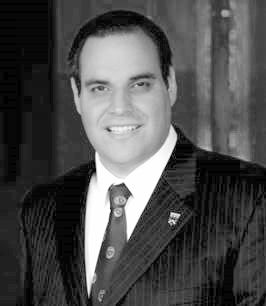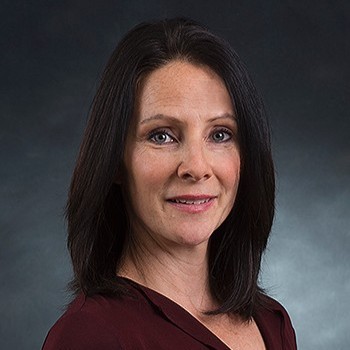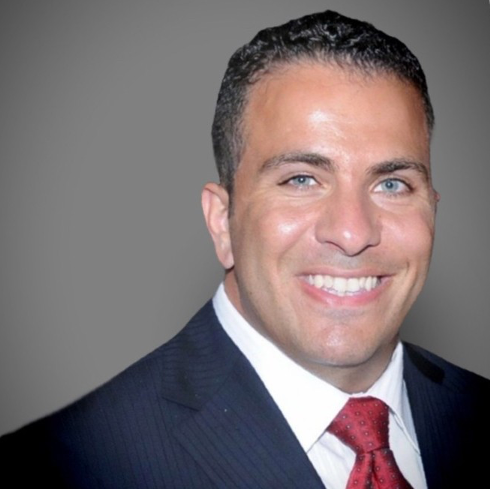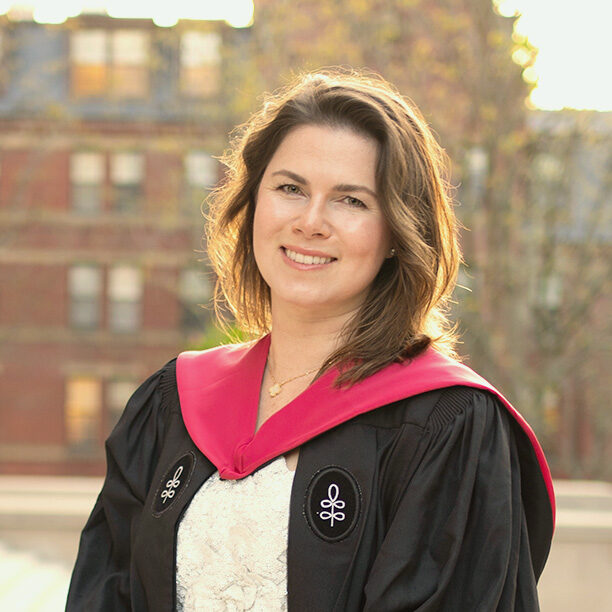Program Overview
Organizations around the globe — corporate, nonprofit, governmental, and consulting — are committing to environmental action. And practitioners with specialized knowledge are increasingly needed to overcome diverse challenges in implementing more sustainable practices.
In our Sustainability Graduate Program, you’ll build the expertise you need to take on such critical roles. Through engaging coursework and either a thesis or capstone, you’ll:
- Learn to ideate and develop innovative, practical, and equitable solutions to the challenges posed by climate change and environmental threats.
- Cultivate a mastery of the science, policies, technologies, and financial models that define sustainability.
- Gain confidence in your analytical research skills and build leadership and communication competencies to serve you in any professional setting, from corporate to grassroots.
- Graduate with a Harvard University degree: Master of Liberal Arts (ALM) in Extension Studies in the field of Sustainability.
Courses
The 12-course Sustainability Graduate Program is designed to help you develop practical skills that you can apply immediately in your career. You can study part time, choosing courses that fit your schedule and align with your professional goals. Core courses focus on learning research methodologies and building sustainability-specific skill sets around development, design, and management. Our comprehensive selection of courses enables you to tailor your program to your personal or industry-specific interests.
Example Courses
- Leading with Ethics: Professional Practices for Sustainable Development
- A One Health Approach to Global Sustainable Development
- Tracking Sustainability Performance: Analytical Approaches and Challenges
- Life Cycle and Supply Chain Sustainability Assessment
- Water Resources Policy and Watershed Management
Earn a Stackable Certificate
As you work your way toward your master’s degree, you can take courses that also count — or “stack” — toward a graduate certificate. It’s a cost-effective, time-saving opportunity to build specialized skills and earn more professional credentials.
For each certificate, you can choose courses that best fit your goals.
Stackable graduate certificates include:
Admissions
The path to your degree begins before you apply to the program. You’ll earn your way in through our performance-based admissions, completing the following coursework and earning credits toward your degree right away:
- Proseminar: Introduction to Graduate Studies in Sustainability and Global Development
- Analytical Methods in Sustainability
You also have the option to pursue an alternative admission pathway: the MITx MicroMasters® Program Pathway.
Next Start Term
You can enroll in your first admission course this fall.
Course registration opens mid-July.
Featured Faculty
Our sustainability instructors bring a genuine passion for teaching, with students giving our faculty an average rating of 4.5 out of 5.

Michael Mortimer
Director, Graduate Sustainability Program and Global Development Practice, Harvard Extension School

Ramon Sanchez
Chief Knowledge and Innovation Officer, The Alliance for Tribal Clean Energy

Linda Powers Tomasso
Research Associate, Harvard T.H. Chan School of Public Health

Jennifer Cole
Associate Professor of Liberal Arts, Massachusetts College of Art and Design

Nora Libertun
Head of Knowledge in Urban Development and Housing, Inter-American Development Bank

Ahmad Antar
Founder of Digital Emissions
Career Opportunities & Alumni Outcomes
Graduates of our Sustainability Master’s Program work in the fields of transportation, hospitality, renewables, public policy, biotechnology, civil engineering, venture capital, and more. Some alumni continue their educational journeys and pursue further studies in other nationally ranked degree programs, including those at the University of Birmingham, New York University, University of Edinburgh, Georgetown University, Bar-llan University, University of Zurich, Tufts University, Cornell University, and Harvard University’s T.H. Chan School of Public Health.
Our alumni hold such titles as:
- Senior Manager of Corporate Sustainability (Fortune 100 Corporation)
- Advocate for Clean Energy Transmission (US Government Agency)
- Consultant of Climate & Sustainability (International NGO)
- International Climate Researcher (International Consulting Firm)
- Program Director of Land Management (US-based NGO)
- Communications Director of Energy and Environment (International News Agency)
- CEO/Founder of Sustainable Investments Start-up
- Owner of Real Estate Development Firm
Our alumni work at a variety of leading organizations, including:
- Aetna
- Bank of America
- FedEx
- GE
- The Nature Conservancy
- Trip Advisor
- United Nations
Program Benefits
Experience a rigorous curriculum. 97% of recent graduates would recommend the program.
Access career advising and other services through Harvard’s Mignone Center for Career Success.
Explore entrepreneurial opportunities through the Harvard Innovation Labs.
Complete an in-depth thesis or capstone project.
Student community through the Harvard Extension School Environmental Club.
Become a member of the worldwide Harvard Alumni Association (400,000+ members) and Harvard Extension Alumni Association (29,000+ members).
Tuition & Financial Aid
Learn more about the cost of attendance.
FAQs
How Long Does It Take to Complete the Sustainability Graduate Program?
Program length is ordinarily anywhere between 2 and 5 years. It depends on your preferred pace and the number of courses you want to take each semester.
For an accelerated journey, we offer year round study, where you can take courses in fall, January, spring, and summer.
While we don’t require you to register for a certain number of courses each semester, you cannot take longer than 5 years to complete the degree.
What Can You Do With a Master’s Degree in Sustainability?
With a master’s degree in sustainability, you’ll gain the knowledge and flexibility to advance your career while positively impacting the environment.
You might choose to help your organization reduce its carbon footprint, design environmentally friendly products, understand the green needs of communities, or develop a more sustainable supply chain. You could also help ensure ethical corporate governance or help build capacity in local and state governments to adapt to climate change. For more details, read our blog post What You Can Do with a Master’s in Sustainability.
If you’re interested in working on sustainability at a global level, a focused program on global development practice may be beneficial. Read our blog post Sustainability vs. Global Development Practice — Which One is Right for You?.
Is a Degree in Sustainability Useful?
A graduate degree in sustainability allows you to pursue your passion while bringing about positive change. Careers in sustainability are rarely linear, meaning you can create your own path. And as you likely reinvent yourself over the course of your career, a graduate degree in sustainability equips you with the tools to make those shifts.
You may want to bring sustainability to a specific industry you know well, such as fashion or finance. Or, you could apply your unique skills — such as urban planning, eliminating packaging waste, or food sustainability — to one of many industries.
Is a Career in Sustainability a Smart Choice?
As the fight against climate change and other environmental threats grows more urgent, governments at every level, nonprofits, and businesses increasingly need employees with green skills and expertise.
Adding a master’s in sustainability to your resume may give you a competitive advantage in this job market — while helping you play a vital role in keeping our planet healthy.



